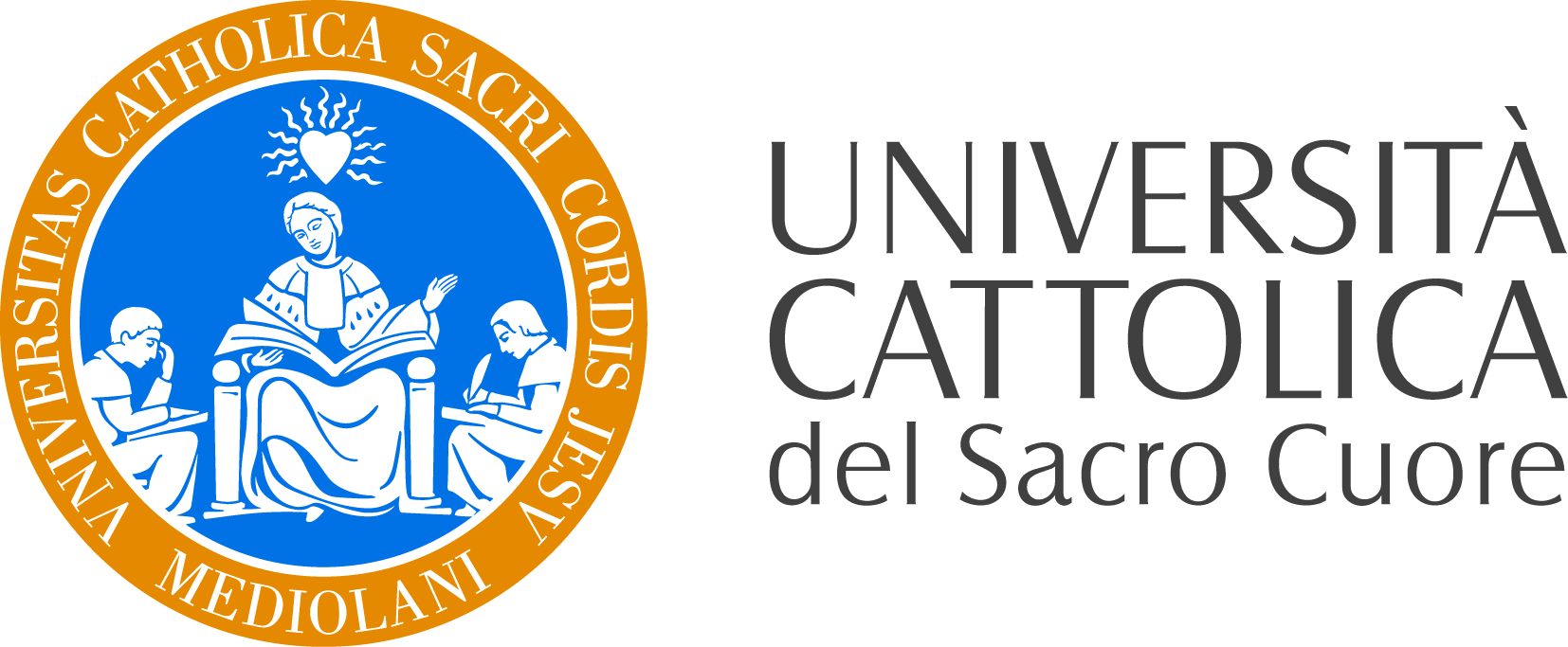Newsletter 2 Focus On Heroic Partners
![]() The Spanish Council for Scientific Research (CSIC) is the largest public institution dedicated to research in Spain and the third largest in Europe. Belonging to the Spanish Ministry of Economy and Competitiveness through the Secretary of State for Research, Development and Innovation, its main objective is to develop and promote research that will help to bring about scientific and technological progress, and it is prepared to collaborate with Spanish and foreign entities in order to achieve this aim. According to its Statute (article 4), its mission is to foster, coordinate, develop and promote scientific and technological research, of a multidisciplinary nature, in order to contribute to advancing knowledge and economic, social and cultural development, as well as to train staff and advise public and private entities on this matter.
The Spanish Council for Scientific Research (CSIC) is the largest public institution dedicated to research in Spain and the third largest in Europe. Belonging to the Spanish Ministry of Economy and Competitiveness through the Secretary of State for Research, Development and Innovation, its main objective is to develop and promote research that will help to bring about scientific and technological progress, and it is prepared to collaborate with Spanish and foreign entities in order to achieve this aim. According to its Statute (article 4), its mission is to foster, coordinate, develop and promote scientific and technological research, of a multidisciplinary nature, in order to contribute to advancing knowledge and economic, social and cultural development, as well as to train staff and advise public and private entities on this matter.
The IDAEA (Institute of Environmental Assessment and Water Research) of Barcelona is part of the CSIC. It is led by Prof.Dr Damiá Barceló Culleres.
CSIC plays an important role in scientific and technological policy, since it encompasses an area that takes in everything from basic research to the transfer of knowledge to the productive sector.
The IDAEA group carries out its activities in the areas of: Environmental research, environmental risk assessment, food quality and chemical safety area, human exposure and risk assessment. The main focus of its work is the assessment of origin, transport and evolution of natural and anthropogenic organic inputs to the environment, including the atmosphere, the water column, soils, sediments and organisms. Other relevant topics involve the study of fossil molecular compounds as traces of climate change in the past and the toxicity of organic pollutants in organisms such as fish, shellfish and human beings. Main research lines are: Environmental chemistry, organic and analytical chemistry, ecotoxicology, paleoclimatology and chemometrics.
CSIC is the leader of WP5 which has the goal to create the web platform Tox-Hub.
Main objectives of WP5 are:
- to facilitate data access and data search, and thereby create a better mutual understanding of data, methods and procedures used in toxicology and ecotoxicology,
- to create an interactive internet platform to connect toxicological and ecotoxicological data bases (previously created under different research projects),
- to facilitate efficient data mining and distance learning contributing to capacity building, a key aspect in WP6.
 Università Cattolica del Sacro Cuore (UCSC) - with >25’000 students - is the largest private non-profit university in Europe. It is recognised by the Italian law and the EC as public body with the main scope in higher education and research.
Università Cattolica del Sacro Cuore (UCSC) - with >25’000 students - is the largest private non-profit university in Europe. It is recognised by the Italian law and the EC as public body with the main scope in higher education and research.
UCSC participates in HEROIC with two institutes:
the Institute of Agricultural and Environmental Chemistry (ICAA) and OPERA Research Centre.The Institute of Agricultural and Environmental Chemistry (ICAA) is based in Piacenza and directed by Prof Marco Trevisan,. Thanks to half a century of research, teaching and training activities in the areas of agri-environmental risk assessment and human health safety protection from pesticides, ICAA is now involved in EU, national and global projects on pesticides fate modelling and environmental and human risk assessment.
The institute organises numerous national and international conferences, and most notably among them, the Symposium on Pesticide Chemistry, launched in 1979, has had its fourteenth edition in 2011.
The OPERA Research Centre (www.operaresearch.eu) was set up in 2010, with the specific objective of involving the stakeholders in a think tank to achieve the correct implementation and transposition of the new regulation on risk assessment in the broad context of the sustainable economic, social and agriculture development of the EU society. It is headquartered in Piacenza, Italy and hosted by the Università Cattolica del Sacro Cuore (UCSC), which provides the necessary resources and support. It is bound by the principles and procedures of UCSC. As a fully independent body, OPERA’s vision is to be transparent to all the relevant stakeholders and the public.
Main objectives of WP6 are:
-to involve all relevant stakeholders and end-users and take full account of relevant socio-economic issues for a sustainability assessment and development of the new and improved methods and policy tools and to develop technical programmes as a new conceptual model of skills and competence for upgrading of performance ability in the EU member states.
-to conduct surveys of stakeholders and end-users to obtain data on factors influencing the outcome of their activity, including socio-economic factors.

